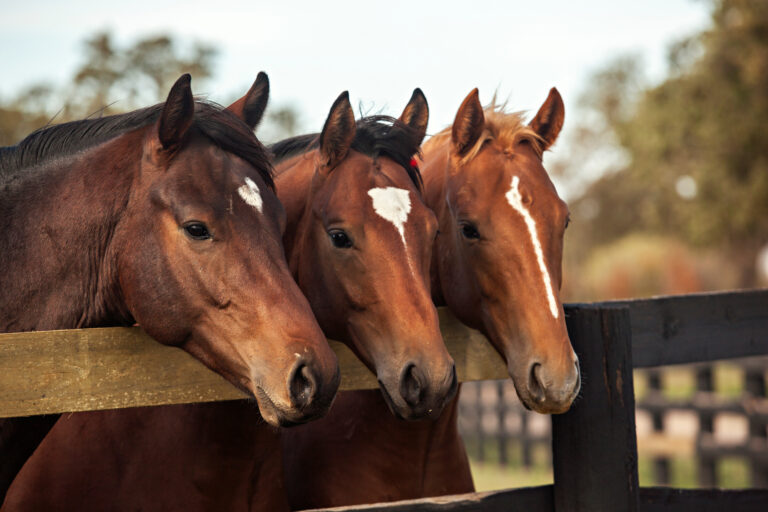The Kentucky State Veterinarian’s office today confirmed the state’s third case of West Nile virus (WNV) for 2015. The basis of the diagnosis was a detectable presence of WNv specific IgM antibody (ELISA) reported by University of Kentucky Veterinary Diagnostic Laboratory and with compatible clinical symptoms demonstrated.
The 3-year-old Quarter Horse female from Shelby County is alive and had no history of vaccination. The onset of clinical signs of lethargy, atasia (mile rear limb weakness), facial muscle fasciculations, bilateral nasal discharge and head tilting started on Aug. 28. As of Sept. 1, the attending veterinarian described the filly as able to rise and in stable condition.
The Kentucky Department of Agriculture’s Web Page has been updated (ww.kyagr.com/statevet/equine-infectious-diseases.html#west) and includes graphic depiction of cumulative data (including historical week of onset and week of diagnosis charts).
West Nile virus was first diagnosed affecting equine in Kentucky during the late summer in 2001. Including this year’s three reported cases (through 9/1/2015), the state’s cumulative equine case total since 2001 is 716.
Rusty Ford of the State Veterinarian’s office noted, “Impacted by environmental and other conditions, we begin seeing cases develop annually during the summer months and continue into November. The cumulative data demonstrates illness onset in Kentucky generally peaks mid-September (second/third week), then begins slowly tapering off through November.”
Ford also noted that the available vaccines have proven to be effective in preventing disease, with greater than 96% (689) of the cases reported in Kentucky since 2001 as not having been vaccinated during the preceding 12 months, or not properly boosted following initial vaccination.
“Recognizing horses will continue to have opportunity of exposure, and potentially contracting the virus through November of this year, we encourage individuals to consult their veterinarian regarding their horse’s immunization status, to help make a determination if there is need or benefit of vaccinating or boosting immunity,” noted Ford. “In addition, your veterinarian and other sources can help define additional strategies to mitigate disease risk that include minimizing exposure to mosquitos and eliminating mosquito’s natural habitat.”








